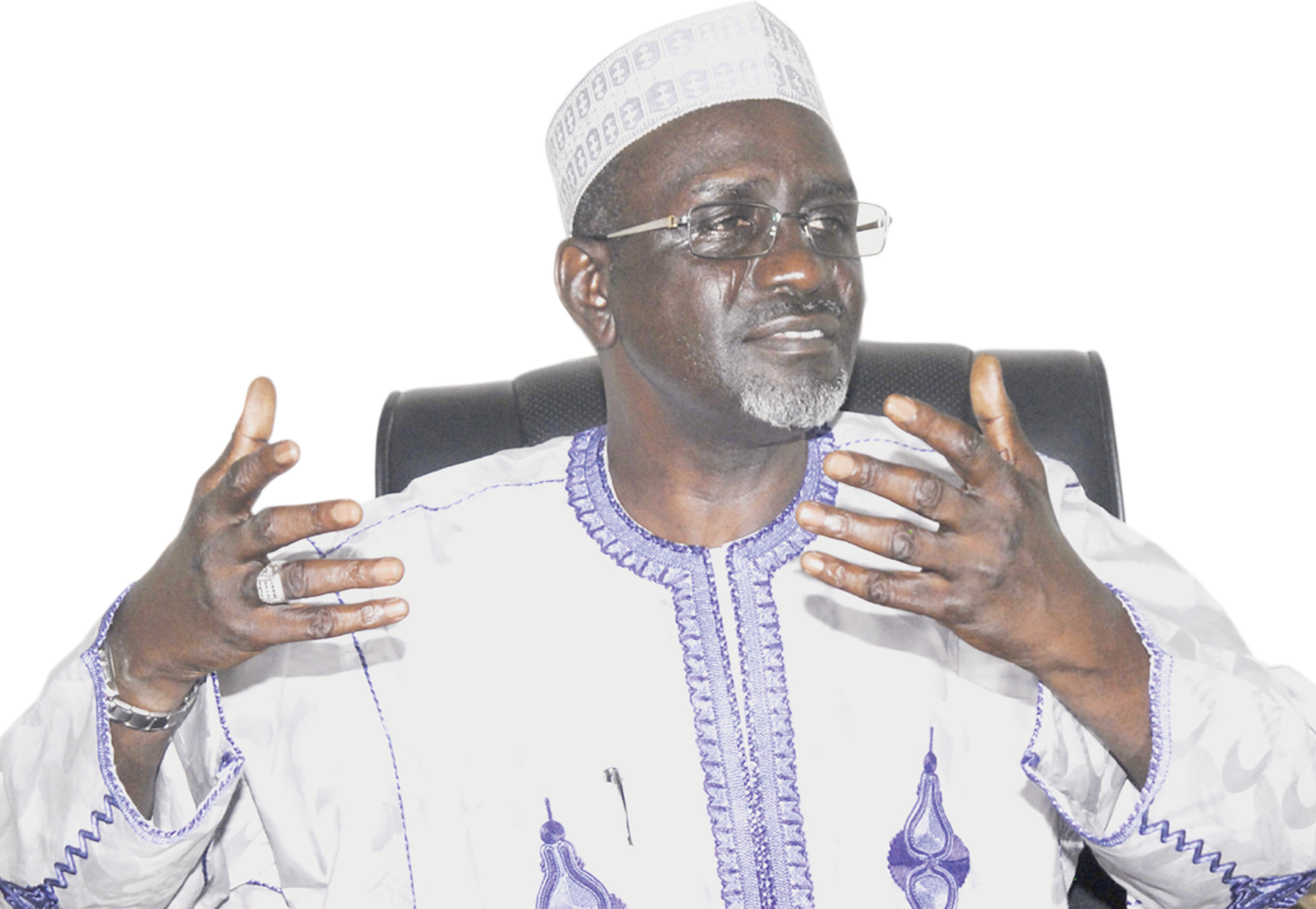As Nigeria gears up for the 2027 presidential election, Ibrahim Shekarau, former governor of Kano State, has emphasized the need to prioritize credibility and competence over zoning when electing the country’s next leader. Shekarau’s remarks challenge the ongoing debates about power rotation and reflect growing calls for merit-based leadership in addressing Nigeria’s socio-economic and political challenges.
The Zoning Debate: A Longstanding Political Tradition
Nigeria’s political landscape has often been shaped by the informal practice of power rotation, commonly referred to as zoning. The arrangement aims to promote inclusivity by alternating the presidency between the North and South.
Current Zoning Dynamics
- President Bola Ahmed Tinubu, who assumed office in 2023, hails from the South-West.
- Calls for the presidency to return to the North in 2027 are growing louder, with key northern groups like the Arewa Consultative Forum (ACF) backing the idea.
- However, Shekarau’s position departs from this sentiment, advocating for a leadership model driven by merit rather than regional considerations.
Shekarau: Nigeria Needs a Credible Candidate
In his recent statement, Shekarau argued that focusing solely on zoning risks sidelining competent candidates who can tackle Nigeria’s pressing issues.
“Nigerians should not be bothered about zones but should place priority on credibility ahead of the 2027 presidential election,” Shekarau stated.
He stressed that competence, integrity, and leadership ability must take precedence over regional or ethnic affiliations, especially in a country grappling with complex challenges such as economic instability, insecurity, and infrastructure deficits.
Key Figures in the 2027 Presidency Discussions
Senator Rabiu Musa Kwankwaso
- The 2023 NNPP presidential candidate and prominent northern political figure recently met with former President Olusegun Obasanjo, fueling speculation about potential alliances ahead of 2027.
- Kwankwaso’s political influence, particularly in the North, positions him as a key player in shaping the next election cycle.
Other Emerging Voices
- While the political landscape remains fluid, several politicians and interest groups are already positioning themselves for relevance in the coming elections. Discussions have revolved around whether new alliances will emerge or existing ones will evolve to reflect a merit-based approach to leadership.
Public Sentiment: Credibility vs. Zoning
Shekarau’s remarks resonate with a growing segment of Nigerians who are increasingly disillusioned with the traditional zoning arrangement. Many believe that zoning has often failed to deliver the competent leadership needed to address the country’s challenges.
Why Credibility Matters
- Economic Stability:
With Nigeria facing persistent inflation, currency fluctuations, and unemployment, credible leadership is seen as crucial for economic recovery. - Security Challenges:
Rising insecurity across regions underscores the need for a leader with a proven track record in managing crises and uniting diverse groups. - Infrastructure Development:
Nigeria’s development goals require visionary leaders capable of implementing sustainable policies and attracting foreign investments.
The Role of Zoning in Nigerian Politics
Proponents of zoning argue that the arrangement fosters national unity and ensures fair representation. Critics, however, contend that it has often prioritized regional considerations over merit, limiting the pool of competent candidates.
Shekarau’s Vision for 2027
Shekarau’s stance aligns with the broader call for transformational leadership—a leadership style focused on creating impactful change rather than maintaining the status quo.
“The emphasis should be on who has the capacity to deliver results and unite Nigerians, regardless of where they come from,” he added.
By urging Nigerians to focus on credibility, Shekarau challenges political stakeholders to rethink traditional power-sharing formulas and prioritize leaders capable of addressing Nigeria’s pressing issues.
The Implications of Kwankwaso’s Meeting with Obasanjo
The recent meeting between Senator Rabiu Musa Kwankwaso and former President Olusegun Obasanjo has raised eyebrows in political circles. While the details of the discussion remain undisclosed, it has fueled speculation about potential collaborations aimed at influencing the 2027 elections.
Potential Scenarios
- Strengthened Opposition:
The meeting could signify efforts to build a stronger coalition among opposition parties to challenge the ruling APC in 2027. - Regional Strategy:
With both Kwankwaso and Obasanjo holding significant influence in the North and South respectively, their collaboration could signal a strategy to appeal to a broader demographic.
Conclusion: A Call for Visionary Leadership
As Nigeria prepares for the 2027 presidential election, Ibrahim Shekarau’s advocacy for credibility over zoning represents a critical shift in political discourse. While zoning has played a significant role in fostering inclusivity, the country’s current challenges demand leaders who possess the competence, vision, and integrity to drive meaningful change.
Shekarau’s call challenges Nigerians to rethink their priorities when choosing the next president, placing the nation’s progress above regional affiliations. With the political landscape already heating up, the 2027 election is poised to be a defining moment for Nigeria’s future.
Follow us for more tips at trendingnaijanews.com

